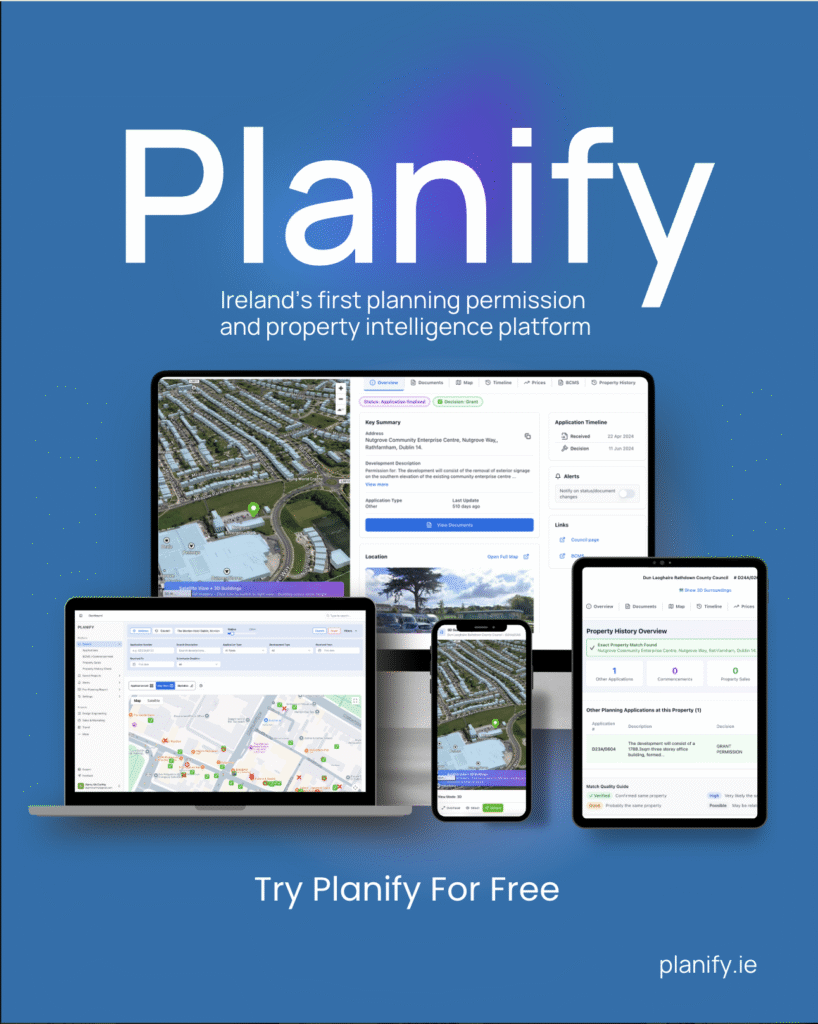The housing shortage in Ireland is not just a domestic concern but a critical issue affecting the country’s economic competitiveness. The Economic and Social Research Institute (ESRI) has highlighted the impact of inadequate housing supply on multinational companies operating in Ireland. In a recent session with the Oireachtas committee, ESRI officials emphasised the pressing need to address the housing crisis to maintain Ireland’s economic stability and attractiveness to investors.
The ESRI’s research professor, Kieran McQuinn, underscored the challenges posed by rising house prices amidst insufficient supply levels. Multinational companies, known for offering high wages, are increasingly vocal about the detrimental effects of housing costs on their operations in Ireland. This article delves into the key insights shared by the ESRI regarding the housing crisis and its implications for the economy and workforce.
The housing shortage in Ireland has emerged as a critical factor impacting the country’s economic competitiveness, with multinational companies expressing growing concerns, as highlighted by the Economic and Social Research Institute (ESRI). During a recent appearance before the Oireachtas committee on budgetary oversight, ESRI officials discussed the implications of the housing crisis on Ireland’s economic landscape, particularly in light of the upcoming Budget 2025 preparations.
ESRI’s research professor, Kieran McQuinn, emphasised that while there has been an increase in housing supply, it remains insufficient to meet the escalating demand, including clearing the backlog of housing needs. McQuinn noted that the continuous rise in house prices is a direct consequence of this supply-demand imbalance, posing challenges to the overall competitiveness of the economy.
The impact of the housing crisis on multinational companies operating in Ireland was a focal point of discussion. McQuinn highlighted that high housing costs are significantly affecting these companies, despite offering some of the best wages in the economy. The allocation of a substantial portion of these wages towards housing expenses is raising significant concerns among multinational firms, impacting their operations and competitiveness within the Irish market.
McQuinn also attributed part of the housing crisis to structural changes in the mortgage market and banking sector following the financial crisis. Regulatory adjustments have constrained the credit levels extended by financial institutions, creating a funding gap that necessitates increased government intervention in funding provision. The prevailing high-interest rate environment further exacerbates the pressure on the private sector, underscoring the need for diverse funding sources to address the housing shortage effectively.
Addressing the magnitude of the housing supply required, McQuinn emphasized the essential roles of both the private and public sectors in bridging the existing gap. While the government is currently leading efforts to boost the housing supply, sustainable solutions will necessitate broader participation from various stakeholders, including institutional investors. Balancing the influx of institutional funds with safeguarding against excessive acquisition of housing estates is crucial to ensuring a diversified funding landscape to support housing development initiatives.
On a positive note, McQuinn projected the possibility of real wage growth for workers surpassing inflation rates this year, marking a significant shift from previous trends. He also highlighted the evolution of household savings rates, indicating a return to pre-Covid levels after a period of heightened savings during the pandemic. The erosion of these savings underscores the economic challenges faced by households and the need for sustainable solutions to bolster financial resilience in the post-pandemic era.
The housing shortage in Ireland presents multifaceted challenges that extend beyond the residential sector, significantly impacting the country’s economic competitiveness and workforce dynamics. Sustainable strategies that involve collaborative efforts from the public and private sectors, along with prudent financial mechanisms, are imperative to address the housing crisis and foster a resilient economic environment in Ireland.







